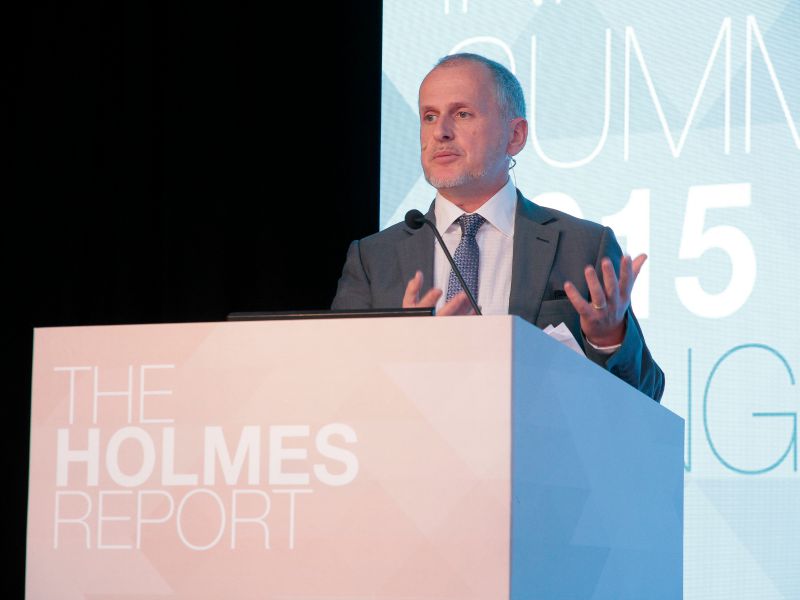Paul Holmes 23 Sep 2015 // 3:14AM GMT

HONG KONG—The majority of consumers—two out of every three—need to be reassured about innovation rather than inspired by it, according to research from Edelman, presented by the firm’s Asia-Pacific chief executive David Brain at the In2 (Innovation + Insight) Summit, taking place in Hong Kong today.
Kicking off the Summit with a warning that consumers are now concerned about the pace of change (51% of respondents to Edelman’s Trust Barometer research say change is happening “too fast”), Brain said that trust in the technology sector—historically among the most trusted—is now threatened by concern over disruptive technology.
While 98% of respondents to a follow-up Edelman survey agreed that innovation is essential for progress, 69% believe innovation should benefit society as a whole but two-thirds believe that companies are innovating just to make more money. And 87% expressed concerns about buying new products because of issues such as privacy, security, and environmental impact.
“Transparency is the key driver of trust,” says Andrew Pirie, general manager of corporate relations at telecommunications company Spark New Zealand. “Because of digital and social media we have the opportunity to engage with consumers in new and innovative ways.” He cites Uber, a company that provides far more information to passengers—including individual driver ratings—than more traditional brands.
At the same time, “Privacy is a huge issue,” Pirie says. “In the digital world, a lot of companies find it hard to make money from their core business and so they make money from the data that they gather. That runs headlong into privacy issues.” Spotify, for example, changed its terms and conditions recently and encountered a backlash for consumers concerned about the way in which their data might be used.
While there is a history of innovation provoking a backlash from consumers and regulators, corporate executives are adopting a more “collaborative” approach, says Steve Monaghan, regional director and head of innovation at AIA, who points to the banking sector, which now works more closely with regional regulators. In that context, it is important for companies to build a coalition of support for innovative products, Pirie adds.
In the healthcare arena—where researchers are close to finding cures for major diseases—the pace of innovation can never be too fast, says Monaghan. “We start with experience, we move to simplicity—how quickly can someone understand it—and we end with ease, which mirrors the consumer journey: you buy with emotion, you justify with logic and make it easy to access.”
Julien Dedman, global communications specialist at Johnson&Johnson, agrees. “We live or die by the extent to which we innovate,” he says.
At the same time, he adds, “Society is increasingly risk averse, and all new treatments have the potential for side effects. That has made the industry quite conservative, but we are trying to change that paradigm.”


































.jpg)

















